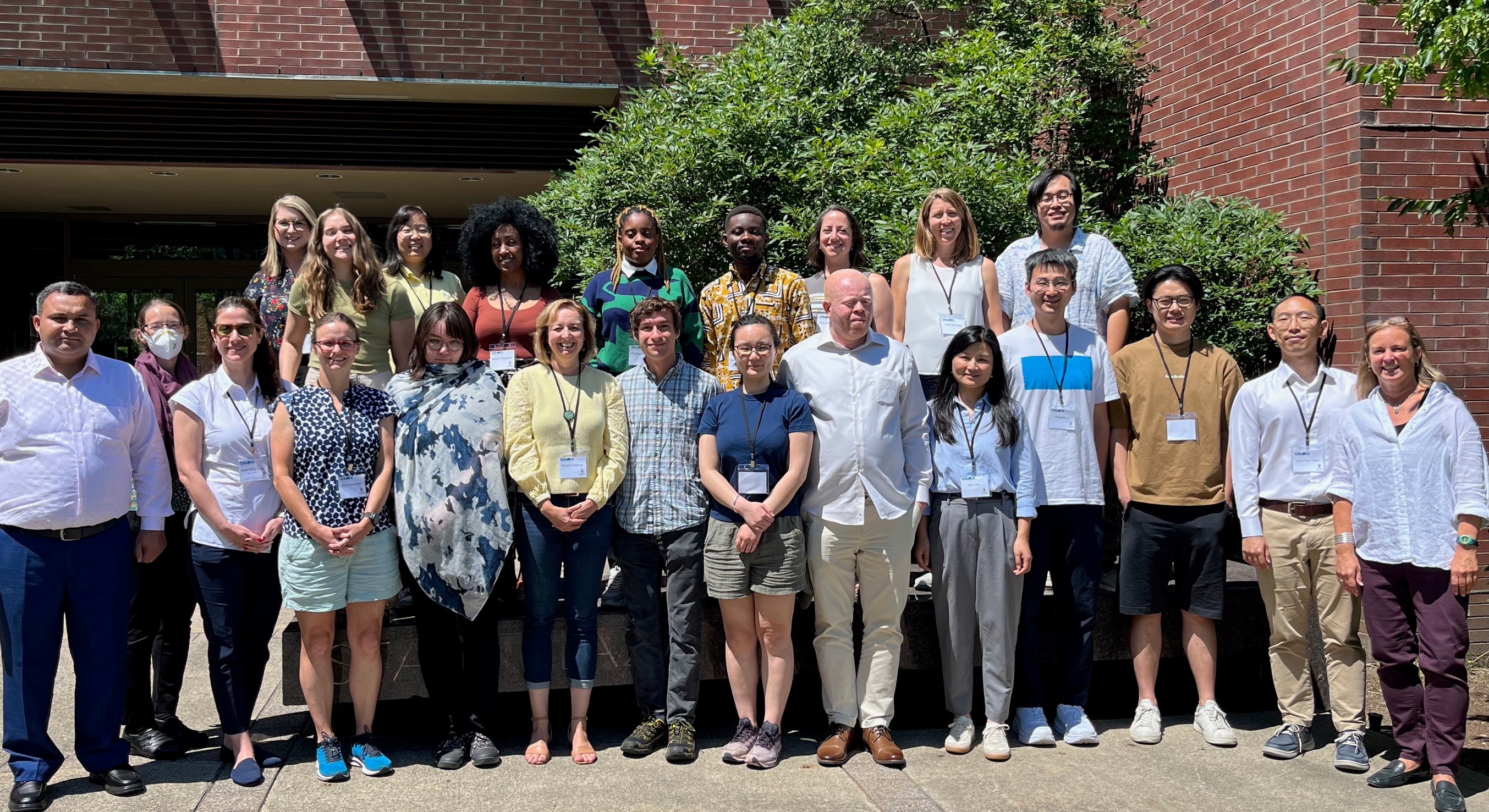When you think about leadership, what’s the first thing that comes to mind? Team-building? Time management? etc... These are all important aspects, but there is an even more crucial question to consider: how do we start our leadership?
Don’t need to panic about the questions. This article will provide some skills you can explore and apply in your leadership. I will share my experience learning from COLDEX Leadership Workshop-two-day workshop at Brown Unversity. Here are three tips to help you be a better leader in your team.
- Understand your leadership style
During the workshop, we used the DISC assessment to understand ourselves and other types of colleagues. The results include four types of personalities: (D)ominance, (I)nfluence, (S)teadiness and (C)onscientiousness.
Some common descriptions for D and I people are active, fast, and assertive. On the other hand, descriptions for S and C people are thoughtful, moderate, and careful. The DISC assessment helps you understand why we intend to cooperate with specific people and why we may conflict with others.
For example, a D-type person may have a conflict with an S-person on the team if you don’t expect the difference between you and your colleague. You focus on results and hope to complete the task in the most efficient way, but your colleague focuses on the atmosphere of a group and wants to care about everyone’s feelings. Once we understand this difference, we can avoid conflicts and build a better relationship in the team.
This is just an example and there are many tools for exploring your personality. You can choose what you prefer. The key takeaway here is that before we can effectively lead others, we need to have a better understanding of ourselves.
- Think about what feedback triggers you
In the workshop we discussed a lot in this session, and it is one of my favorite parts. This topic sounds a little bit scary, right? People usually don’t like to think about the feedback that triggers them, even if it is good feedback. But why? Our brain tries to avoid the uncomfortable feeling when we receive that kind of feedback. Thus, when we receive similar feedback, our defense mechanisms show up to make us feel secure.
Thinking about what feedback triggers you helps you receive new feedback and give structural feedback. The instructor of the workshop, Chirs, provides these questions before providing feedback:
What is your INTENTION? Why give it?
What are the SPECIFICS involved?
What is the IMPACT that was experienced?
- Build your mentor support map
This is the final tip in this blog. This is a useful tool I learned from the workshop. We always need mentors to help, coach, inspire, etc.… The mentor can be your family members, colleagues, friends, and advisors. The mentor support map is a tool that helps you diagnose what mentor you may need in the future. We will have three categories and some examples for each category:
- Career Advancement Support
- Networking and sponsorship: letters of recommendation
- Role models: work-life balance
- Working Skill
- Intellectual community: thesis writing group
- Professional development: job interview group
- Well-being
- Safe space: trustworthy
- Kindness and belonging: convey friendliness
- Values and identity: cultural, student association
Now, consider who in your life fits into these categories, and place their names accordingly.
The stronger your mentor support map is, the more people in each category. This means you can always find the right people to help you when you face challenges. You may find that you have few people in specific categories, but that is fine.
Bonus point: if some people appear in all categories, we call them “unicorn people.” Congratulations, you have them in your life.
Thank you for reading, and I hope you found something valuable in this blog that you can apply to your own leadership journey.



About the author:
Chun-Ying Chao is from Taiwan and is a current Ph.D. student in the Department of Environmental Engineering under Dr. Robert Griffin advising. He received his bachelor’s degree in Chemical Engineering from National Cheng Kung University in Taiwan and his master’s degree from Washington University in St. Louis. Read more.
Further Reading:
Embracing Growth: My journey in the 2023-2024 Women in Leadership cohort
Graduate Student at Rice University During the Summer
Starting Fresh: Entering my first year in a brand new lab

